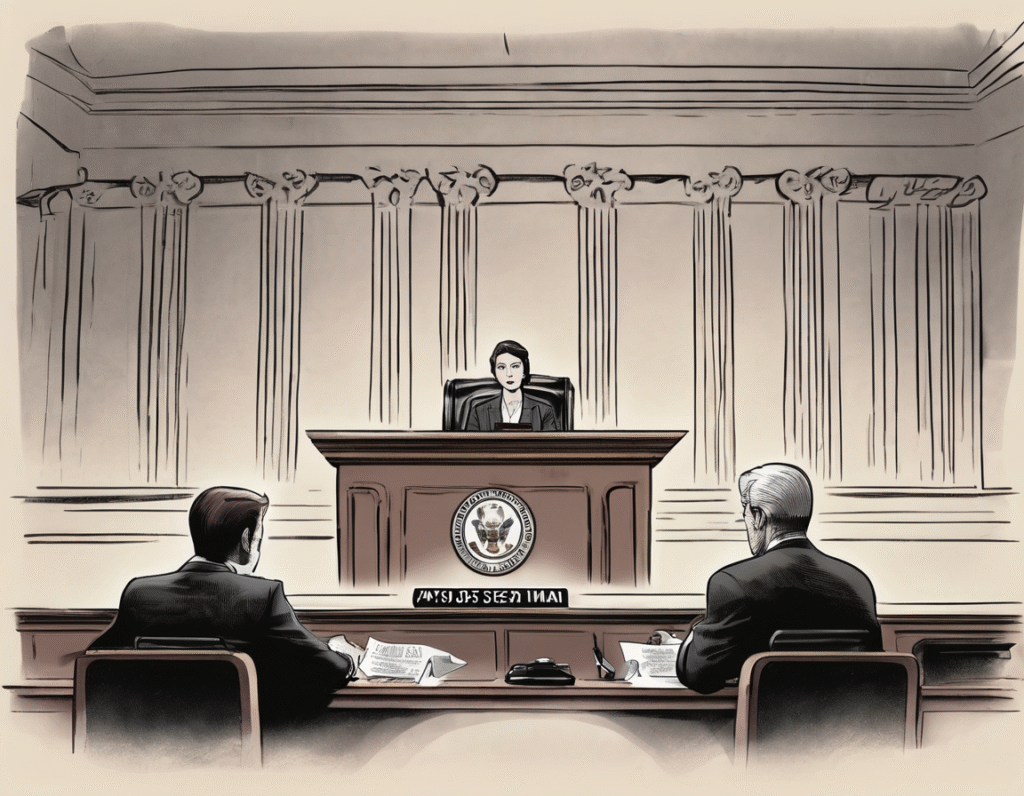Senator Elizabeth Warren and Representative Melanie Stansbury are leading a group of congressional Democrats in an investigation into White House Special Advisor David Sacks. The investigation centers on whether Sacks has exceeded the legal time limit for his temporary government role, a violation that would raise significant ethics concerns. Sacks, a former PayPal executive and venture capitalist at the firm Craft Ventures, was appointed by President Donald Trump to serve as a key advisor on artificial intelligence and cryptocurrency. This role is classified as a Special Government Employee, or SGE. SGEs are typically brought in for their specific expertise from the private sector, but their appointments come with strict rules to prevent conflicts of interest. A primary rule is a 130-day limit on their service within any 365-day period. This limit is a crucial ethics safeguard, as it prevents individuals from wielding long-term government influence that could directly benefit their private financial interests and investments. The congressional Democrats have sent a letter to Sacks questioning his tenure. They calculated that if he worked every calendar day since the presidential inauguration, his 130th day would have been May 29, 2025. If he only worked business days, the limit would have been reached on July 25, 2025. The letter was sent on the 167th business day of the administration, suggesting a strong possibility the limit has been breached. The lawmakers are demanding a detailed account of Sacks’s work schedule, including the specific dates he has served and whether he has been conducting government business, such as answering emails, while simultaneously working in Silicon Valley. The goal is to verify if norms have been broken and to ensure future compliance. The investigation highlights a larger concern about conflicts of interest. Sacks was chosen for his deep ties and investments in the crypto and AI industries. Allowing him to shape government policy in these areas while he potentially maintains his private venture capital role creates a clear risk that he could influence regulations for his own financial benefit. This risk is particularly acute given the Trump administration’s recent pro-crypto actions. Trump signed an executive order calling for the creation of a federal Bitcoin reserve and signed the GENIUS Act into law, which establishes a regulatory framework for stablecoins. If Sacks has been serving beyond his legal limit while involved in these decisions, it would intensify questions about whether his advisory role is being used to benefit his own portfolio and the broader industry he represents. The investigation seeks to determine the facts of Sacks’s service and to reinforce the importance of ethical walls between public service and private gain.

